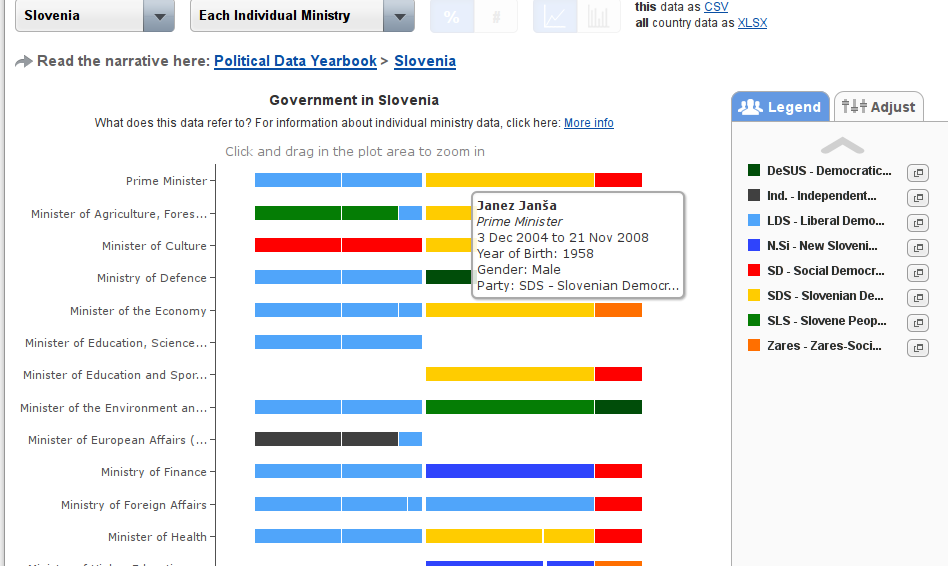Colleague Rainbow Murray is in Paris to do a little bit of observing. Her personal account of the count in one Parisian ward is quite intriguing. I had no idea that each candidate has to provides their own ballot paper. Not a very green thing, it would seem. Art Goldhammer puts Laurent Joffrin’s comment on Mélenchon’s failture/LePen’s success in perspective. ‘We all tend to overinterpret the results of elections’. Can’t argue with that. Meanwhile, Matt Goodwin ponders the question if Marine LePen’s ‘detoxified’ version of her father’s Front National is serving once more the blueprint for the (West) European Extreme Right, with Greece providing the counterpoint.And my own thoughts? Looking back, perhaps the most remarkable fact is how much our collective excitement has waned since the presidential election, although legislative elections really arereally important. Is this just because hundreds of multi-person races can simply not compete with the drama of the shoot-out between Sarkozy and Hollande, or just another piece of evidence of the internet’s detrimental effects on our attention spans?
What Happens If No One Wants to Govern with Merkel? Are We All Belgians Now?
In Germany, people begin to realise that Merkel may have painted herself into a corner by winning so gloriously. While her Christian Democrats are by far the largest party group in the new Bundestag, she needs a coalition partner, but nobody wants to play. Merkel may have painted herself into a corner by winning so gloriously. This could still end in new elections or a minority government
